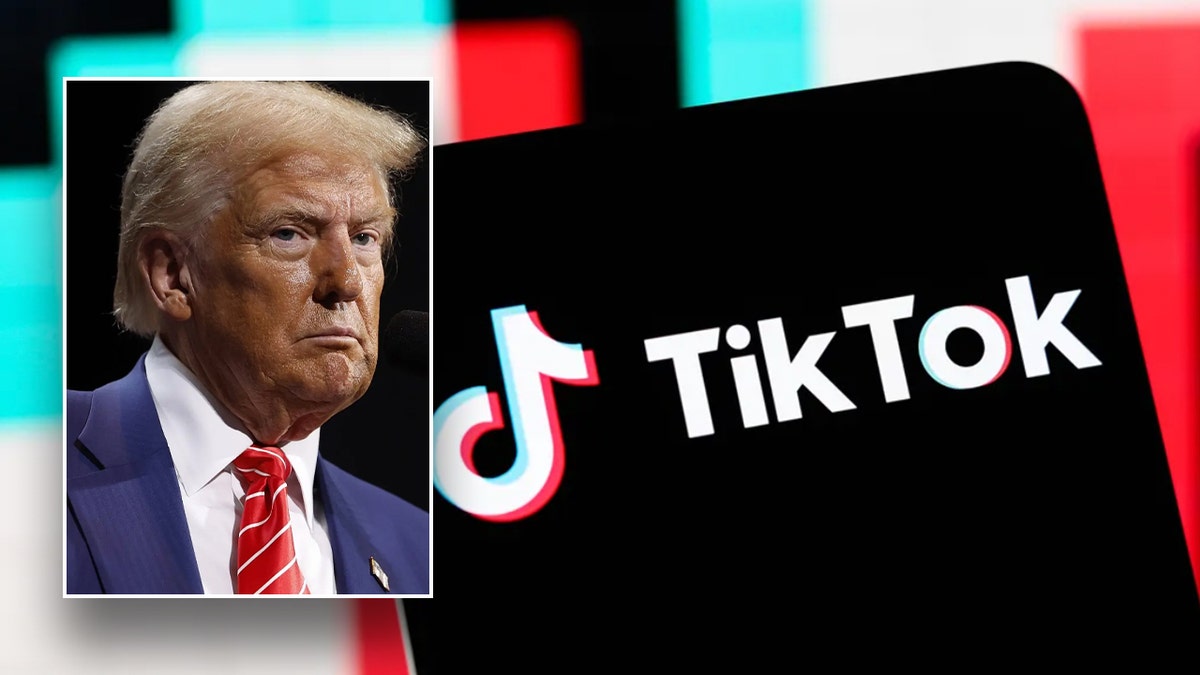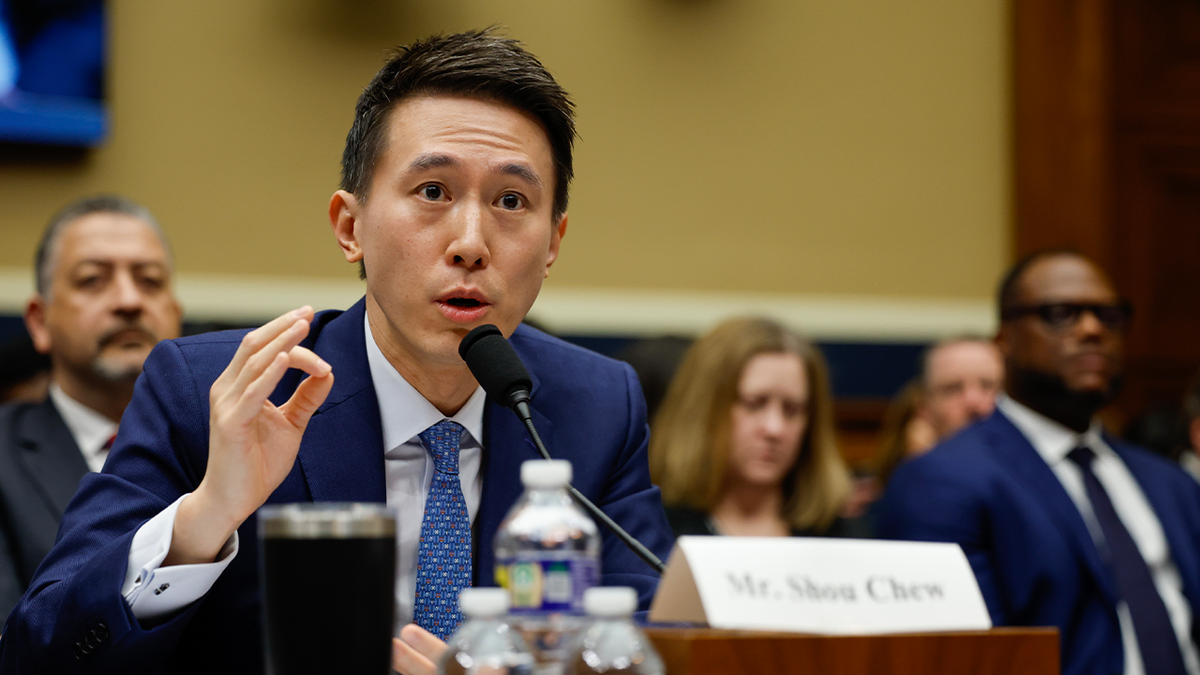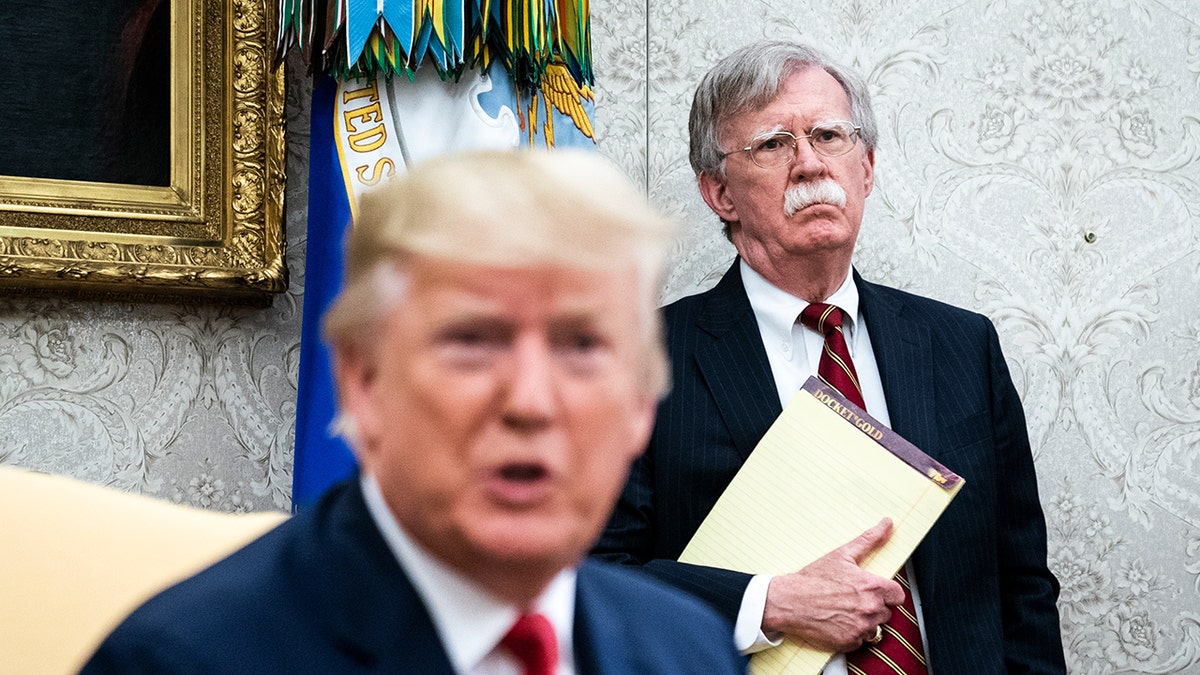The future of TikTok in the United States hangs in the balance, sparking a debate that transcends typical ideological divides. This popular short-video platform, controlled by the Chinese Communist Party (CCP), has become a source of contention, with proponents championing free speech and opponents raising national security concerns. Both sides present valid arguments, highlighting the complex nature of this issue.
A central question revolves around the potential damage caused by TikTok's alleged spying and propaganda activities. ByteDance, the Chinese owner, has resisted selling TikTok, fueling suspicions about its true purpose. A lucrative $50 billion offer would likely be irresistible to a profit-driven entrepreneur, suggesting that the platform's value to the CCP lies elsewhere – potentially in data collection and ideological influence.

The Defense Department's DIME paradigm (Diplomatic, Informational, Military, and Economic) highlights the importance of information in international power dynamics. While the U.S. excels in other areas, its commitment to free speech creates a vulnerability in the informational domain, particularly against authoritarian adversaries like China. This asymmetry is further emphasized by China's restrictions on platforms like X (formerly Twitter), while TikTok operates freely in the U.S.

A bipartisan majority previously supported a TikTok ban if ByteDance refused to divest. The platform's potential disappearance raises concerns for American businesses, hobbyists, and casual users who rely on it for various purposes. Former President Trump, who initially supported the ban, has since suggested that TikTok played a role in his election victory. While evidence for this claim is limited, some within his circle, like Kellyanne Conway, have advocated for TikTok in Congress.
Trump has proposed a joint venture with a 50% U.S. ownership stake as a solution to preserve TikTok while mitigating security risks. This approach aims to achieve a double win – maintaining the platform and safeguarding national interests. However, prioritizing national security remains paramount.
Regardless of TikTok's ultimate fate, China's informational operation has undeniably impacted the U.S. The government's delayed response and the potential payout to China for its stake underscore the complexity of this situation. A 90-day window for negotiations has been proposed, but ultimately, the CCP must either relinquish control of TikTok or face its removal from the U.S. market. No other viable option exists.








